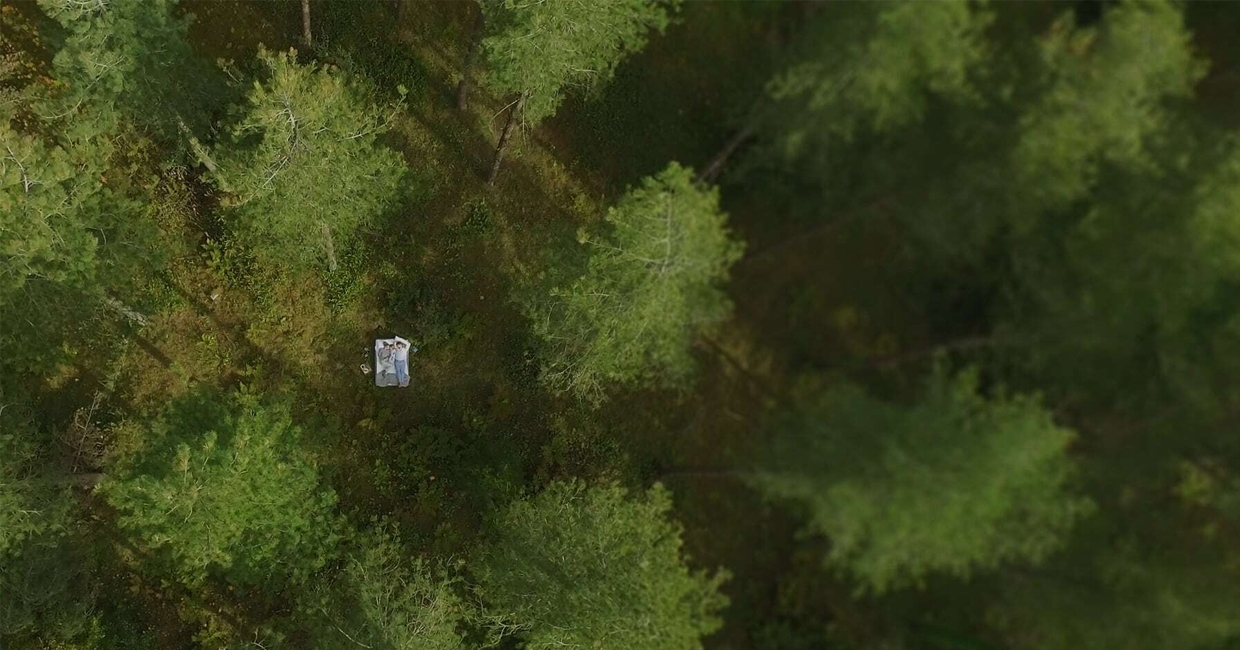Leading UK sleep technology brand, Simba, is well known for its innovative products. What’s less well known is the great effort it’s making to meet the climate crisis head on, and to minimise its environmental impact through supply chain management, extending the product life cycle and long-term partnerships …
All of the Simba Hybrid range of engineered mattresses, pillows and duvets is carbon neutral. The company has invested in reforestation and biodiversity projects in Peru, Brazil and the UK which offset the emissions created during production.
Simba is deeply vested in local manufacturing and suppliers, both in the UK and in new markets for the brand, such as Canada, France and China.
But how does that look in practice? In the UK, Simba mattresses are crafted in Manchester, the titanium micro springs are made in Leeds, with cushioning foam layers from down the road in Middleton and soft wool fillings from over the moors in Yorkshire. This model slashes manufacturing emissions while supporting the British manufacturing base, local people and the local economy with job creation and community building.
A cradle-to-grave approach
With strong ambition to be zero waste, Simba takes a long-term approach to its product line. Every single component, from the wool layers and cotton covers to the tiny Aerocoil springs, can be recycled, while any remnant materials, like the foam layers, can be repurposed for dog beds and carpet underlay, for example.
Designed for a long life and longer afterlife, Simba will refurbish pre-loved mattresses wherever possible, and redistribute or recycle all mattresses that are returned via its home collection scheme – while improving the design and customer support makes recycling easier and better.
Looking after people and planet
Simba uses its engineering expertise to identify and refine its responsible materials. It sets a high standard with CertiPUR foam, having already removed as many pollutants as possible from its foam components, and it uses OEKO-TEX-certified textiles that safeguard against harmful substances, while sourcing cotton through the Better Cotton Initiative (BCI) to reduce the social and environmental impact of cotton production.
Experts at the sleep technology brand continue to identify and replace new materials with recycled ones in accordance with the Global Recycled Standard (GRS), and use ethical and sustainable timber, FSC-certified recycled packaging and plastic bottles in its duvets. To safeguard the workforce, Simba is SEDEX compliant, ensuring that its suppliers and factories are consistently protecting both people and the environment.
When it comes to giving back to the community, Simba currently works with several charitable initiatives – including End Youth Homelessness, providing pillows and mattresses to young people in need – along with sales discounts for healthcare professionals and staff who work for the NHS, and the brand is looking to expand its charitable partnerships this year.
Moving faster towards climate goals
Looking ahead, Simba is turning its ambition into reality. It has committed to the BRC Climate Action Roadmap, which has a goal of reaching carbon neutrality by 2040. Simba is confident it can meet its net-zero commitment 10 years sooner (by 2030), and aims to be responsible for as close to zero emission as possible by investing in projects that absorb emissions (rather than just offsetting them). To achieve this, Simba has commissioned an emissions audit of the entire supply chain and business to help prioritise its tasks for 2022.
Simba is also in the process of applying for B Corp status, arguably the gold standard in industry sustainable certification.
There will continue to be developments in environmental standards, and Simba says it will always strive to adopt the best practice.









